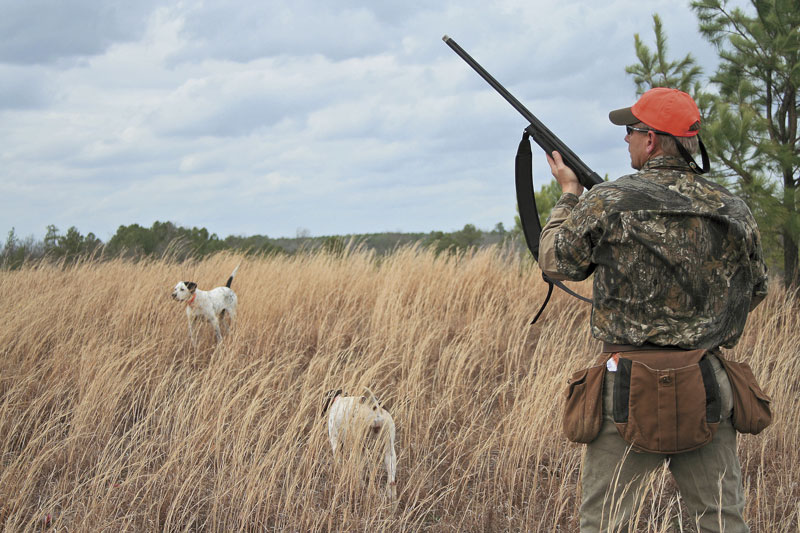
The scene is forever burned into my memory
We had turned the two pointers out just as the sun was emerging over the treetops and they raced across an open field, both suddenly braking to a stop at the same time. The black speckled “rip-rap” marked pointer and the liver and white colored pointer were silhouetted like two stone statues against the rising sun, 30 yards apart, back-to-back.
They held like statues marking both groups of a split wild covey of quail, one of the most beautiful hunting scenes I have ever had the pleasure of witnessing. We got three birds out of the two groups on the covey rise, more of an afterthought to the memory of that remarkable scene.
No matter the species or the hunting sport, outstanding dog work is what makes a hunt. For most of us, wild quail hunting is a thing of the past. But outstanding dog work can still be found on the numerous hunting preserves scattered across the Carolinas.
Some preserves have kennels of trained bird dogs and guides on staff. Others use contract guides who bring their own dogs. Typically, these guides will use their older, well-trained dogs on guided hunts, but will be training younger dogs to bring along for future hunting.
Mike Johnson, manager of Moree’s Sportsmen’s Preserve in Society Hill in eastern South Carolina, and Jeffery Maness, owner of Shady Knoll Gamebird Farm in Asheboro, N.C., said hunters can experience a lot of good dog work on a hunt at their preserves.
Leave it to the dogs
“We have 10 contract guides with pointing dogs of all species – pointers, setters, German shorthairs and Brittany Spaniels,” Johnson said. “We also have a dozen kennels available. A lot of guys come in, rent a cabin, we kennel their dogs and they take them hunting.”
Moree’s cadre of guides is led by two veteran guides, Billy Benson, 84, and Leroy Jordan, 81.
“Mr. Billy has been guiding here for 36 years. He hunts English setters and German shorthairs. Leroy hunts English setters. Our guides’ dogs will all point and retrieve. All you have to do is be able to shoot well enough to hit them,” Johnson said.
Moree’s offers hunts on quail, chukar and pheasants and can provide a mixed bag hunt designed to the hunter’s wishes. While the birds are pen-raised, they are flight-conditioned very well, he said.
“My customers, almost everybody tells me they are as close to wild birds as they have ever seen.”
Maness said Shady Knoll produces a quarter of a million quail a year for shooting preserves. Special care is taken to assure that the birds are flight-conditioned and easily flushed. Breeding healthy, full-feathered birds that look and act like wild birds is the goal at Shady Knoll. And one essential element is keeping the birds in the dark, he said.
Mix in some chukars
“We dim the lights down and keep it dark and I tell my customers to keep the birds in a fairly dark facility. When they come out of that darkness into the light it makes them really flighty.”
Shady Knoll also offers guided hunts with several experienced contract guides and also provides birds for self-guided hunts for hunters who have their own bird dogs.
“We have German shorthairs, a couple of pointers and a Brittany. And we are starting to use Cocker Spaniels,” Maness said. “That is getting a little more popular. We will bring a pointer in to point the birds. Then the little Cocker will come in and flush the birds and retrieve the downed birds.”
Like Moree’s, Shady Knoll also offers hunts on pheasant and chukar partridge and mixed hunts along with quail. Most preserves in the Carolinas offer this same wing-shooting experience, along with excellent pointing and retrieving by well-trained bird dogs of various species.
You might not experience a memorable scene with back-to-back points. But you can certainly find a lot of excellent dog work at the shooting preserves in the Carolinas.
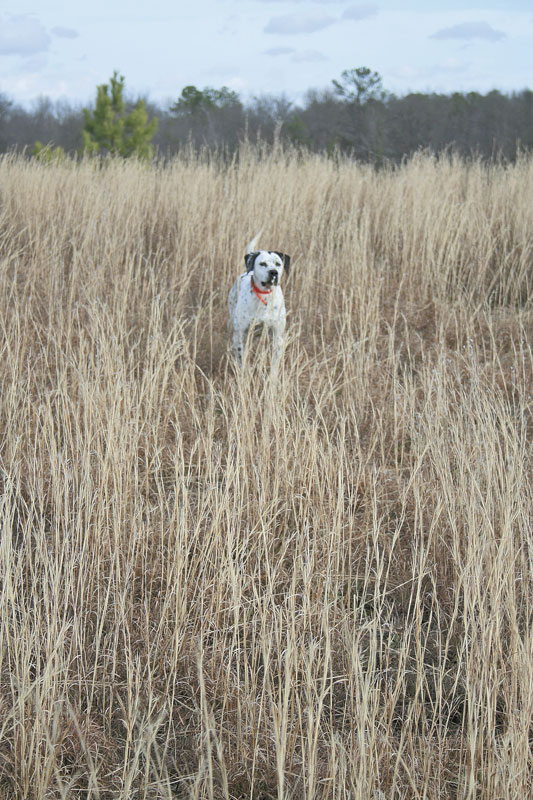
A click away from hunting
UltimateQuailHunting.com provides an online listing of 47 quail hunting lodges, guides and outfitters in the Carolinas, 30 in North Carolina and 17 in South Carolina.
The hunting preserve season in both states runs Oct. 1 through March 31, providing 6 months of bird hunting opportunity and some excellent pointing and retrieving.
In North Carolina a controlled hunting preserve operator, guest, or customer can take quail, mallard ducks, chukar partridges, Hungarian partridges and other domestically raised game birds, except wild turkey. A valid North Carolina hunting license or controlled hunting preserve license is required to hunt on a preserve.
In South Carolina a regular resident small game hunting license or a special hunting preserve license is required.
At most preserves in both states, guides and well-mannered, trained bird dogs are available. Or hunters can bring their own bird dogs. Most of the game birds are pen-raised, but well flight conditioned to give hunters as close to a wild bird experience as possible.

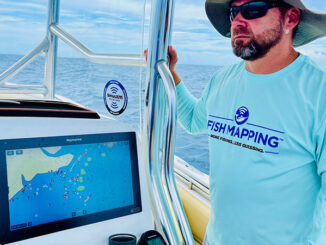
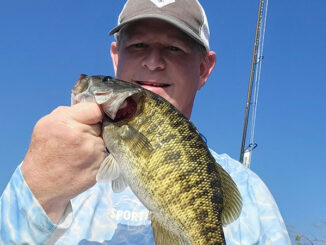
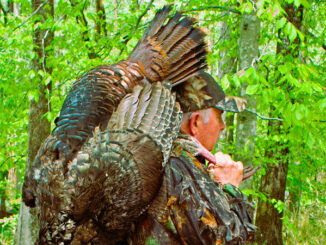
Be the first to comment